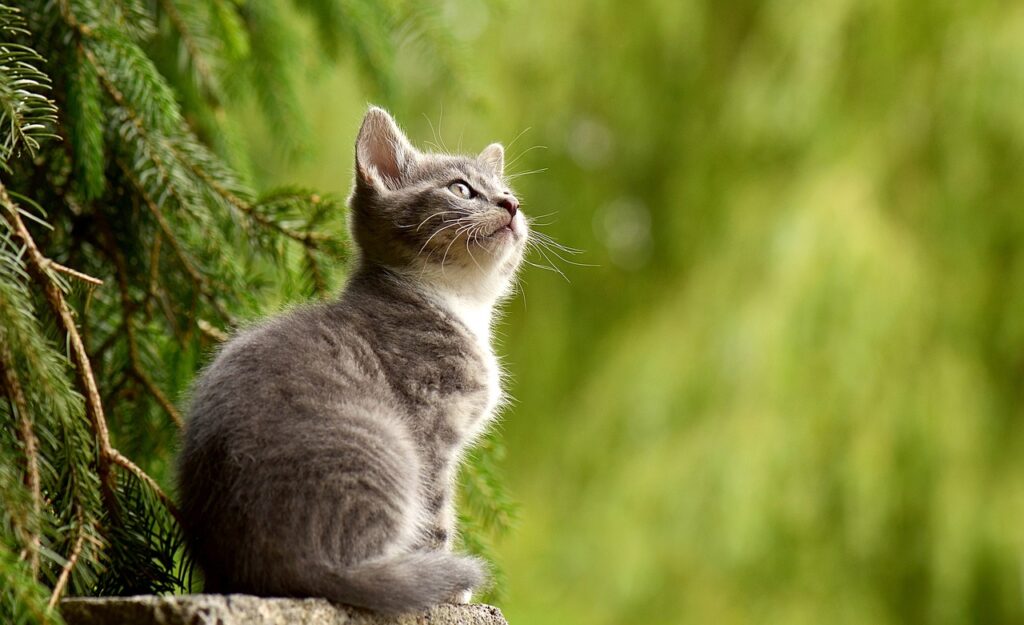Can Cats Eat Grapes? – No, They Can’t
When it comes to feline diets, grapes are a firm no-go. This seemingly innocuous fruit, beloved by humans, poses significant health risks to cats. It’s essential to understand that cats’ digestive systems are not designed to handle certain foods that humans can consume without a second thought, and grapes are high on that list.
Is It Safe for Kittens to Consume Grapes?
Just like adult cats, kittens should steer clear of grapes. Their younger, developing bodies are even more susceptible to potential toxins. It’s crucial during a kitten’s growth stage to provide them with nutritional food that supports their development, and grapes certainly do not fit this category.
Risks Associated with Feeding Grapes to Kittens
The risks of feeding grapes to kittens are dire. Even small quantities can lead to rapid kidney failure, which can be life-threatening. Due to their smaller size and immature organs, even less exposure is needed to cause harm. It’s imperative for kitten owners to be vigilant about their pet’s diet and omit grapes entirely.
Why Grapes are Not Recommended for Cats
Gastrointestinal Distress
Cats consuming grapes may experience immediate gastrointestinal distress. Symptoms can include vomiting, diarrhea, and abdominal pain. These signs can develop quickly and be very uncomfortable for your pet.
Potential for Kidney Failure
A more severe concern is the risk of sudden kidney failure. Grapes and raisins have been linked to this life-threatening condition in cats. Kidney damage from such toxins can be irreversible and may not show symptoms until it’s too late.
Hypoglycemia Risk
Though less common than the previously mentioned concerns, there’s also a risk of hypoglycemia, or low blood sugar levels, after grape ingestion by a cat. This condition can lead to lethargy, seizures, and even loss of consciousness.
Known Health Issues in Cats from Consuming Grapes
Cats that eat grapes may develop acute kidney failure, resulting in a lack of urine production, lethargy, and even death. Gastrointestinal upset is another immediate concern, where symptoms are distressing and apparent. It’s also worth noting that repeated ingestion can have cumulative effects, posing a risk of chronic kidney disease.
What to Do If a Cat Has Consumed Grapes?
- Immediate Veterinary Care: If you suspect your cat has eaten grapes, seek veterinary assistance immediately. Time is of the essence.
- Induce Vomiting: Only under a veterinarian’s guidance should you induce vomiting, as doing so incorrectly can cause further harm.
- Activated Charcoal: A vet may administer activated charcoal to prevent further absorption of toxins in the gastrointestinal tract.
Safe Alternatives to Grapes for Cats
For cat owners looking to treat their felines, consider safe alternatives like small pieces of cooked meat, commercial cat treats, or a dab of pureed pumpkin. These options provide nutritional benefits without the risks associated with grapes.
Conclusion
In conclusion, grapes are an unsuitable and dangerous food choice for cats. Prioritizing your cat’s diet with safe, nutritious options will help your pet live a happy, healthy life. Remember, when in doubt, it’s best to consult with your veterinarian to ensure your cat’s dietary needs are met safely.



